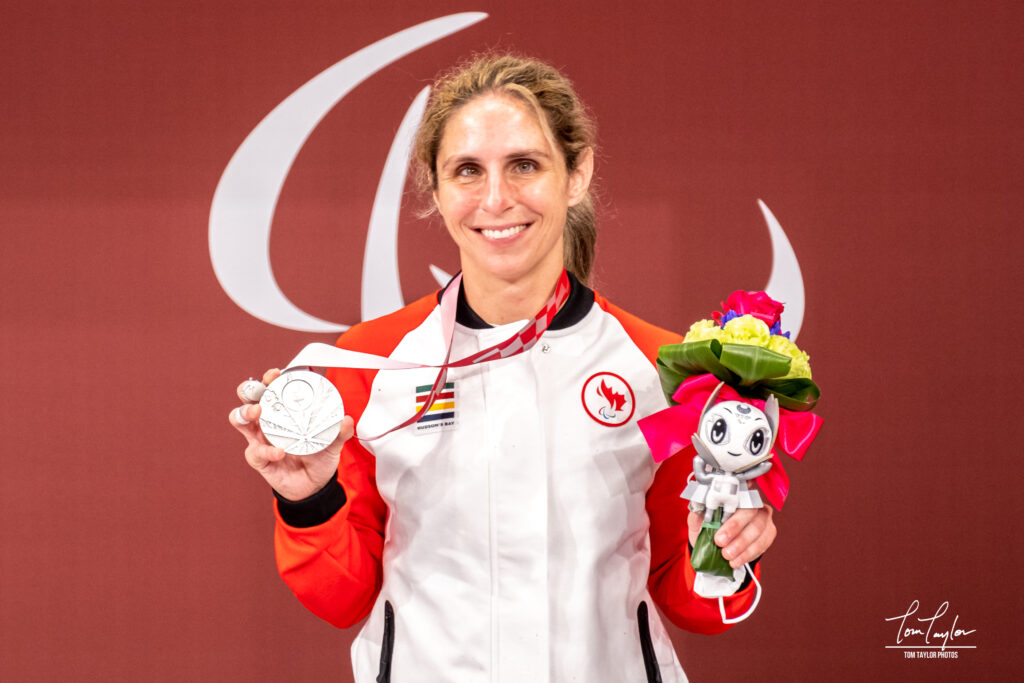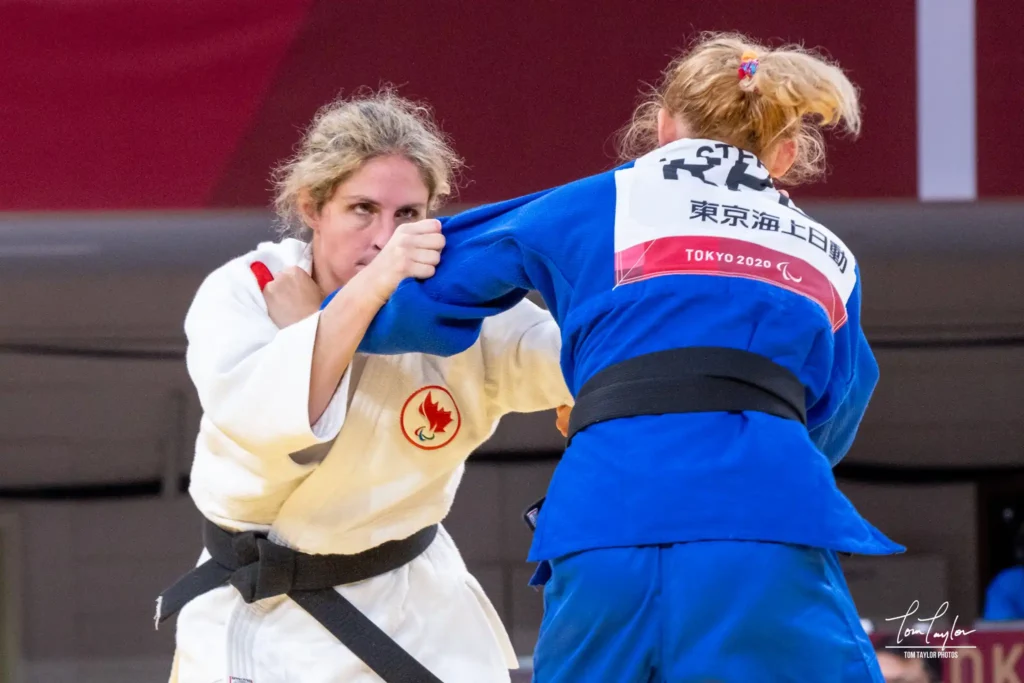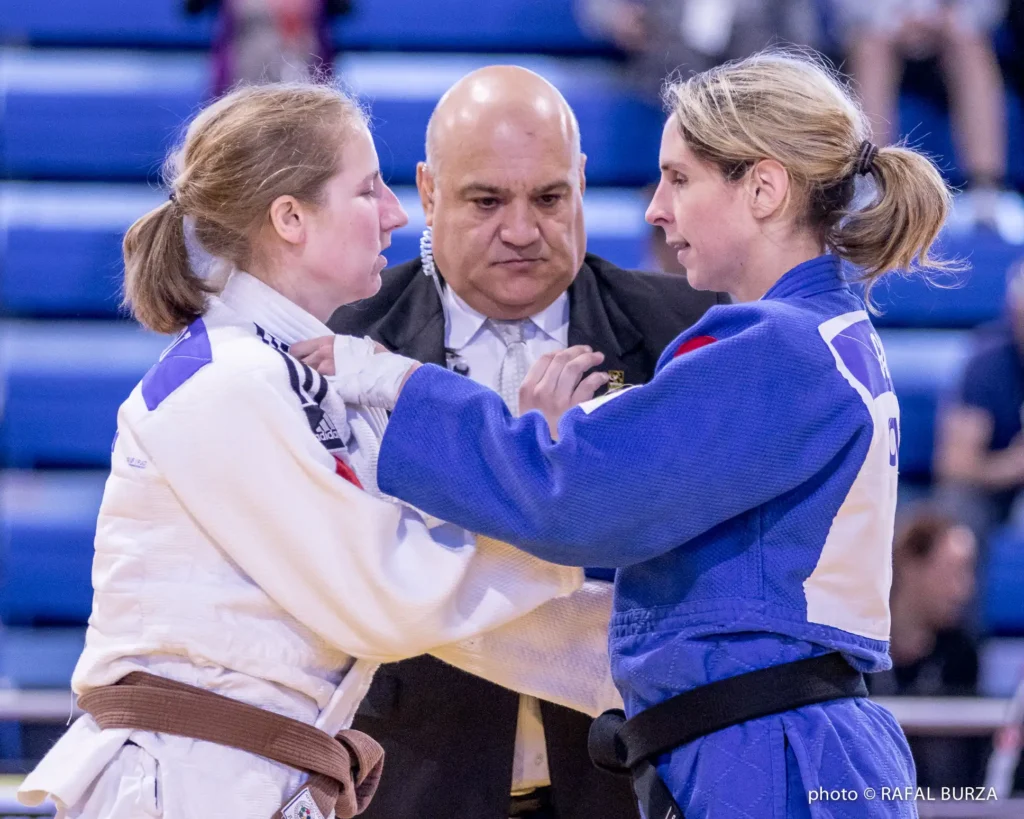

Thanks to its reliance on tactile sensations, judo allows visually impaired individuals to practice alongside everyone else at the dojo. Of course, clear and detailed verbal instructions are essential!
Physical contact makes it an accessible and inclusive sport. In judo, it’s important for personal development to train with different partners, each with unique physical characteristics. This highlights the principle of adaptability and fosters an understanding of differences.
Textured mats or sound signals can be used to help visually impaired practitioners adapt and ensure accessibility.




The benefits of practicing judo are numerous for the visually impaired, just as they are for everyone else. Judo enhances coordination, balance, flexibility, and muscular strength. It also helps individuals overcome fears, improve autonomy, and boost self-esteem.
Being part of a club fosters a sense of belonging and provides opportunities for personal growth. It’s possible to reach great heights, even as far as the Paralympics Games, as judo for the visually impaired is part of the program!

